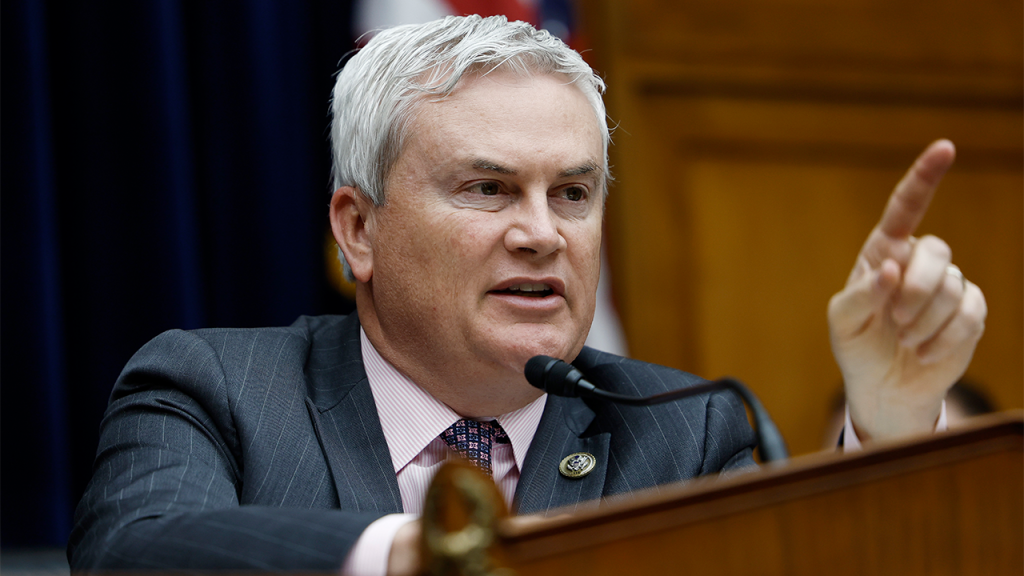The Republican-led House Oversight Committee recently launched an investigation into the FBI over alleged discrepancies in its national crime data reporting. Committee Chairman James Comer accused the FBI of failing to report a 4.5% increase in national crime in 2022, which was initially reported as a 1.7% decrease in violent crime. Comer claimed that the FBI omitted 1,699 murders, 7,780 rapes, 33,459 robberies, and 37,091 aggravated assaults from its initial count, raising concerns about the accuracy of the 2023 Crime in the Nation report. Comer raised suspicions that the FBI’s failure to report accurate crime data may be politically motivated, citing Vice President Kamala Harris’ use of the data to address concerns about crime.
The FBI responded by stating that a “significant number of agencies” were unable to transition from the bureau’s traditional Summary Reporting System to the more comprehensive National Incident-Based Reporting System for the 2021 data collection year. As a result, the FBI was unable to produce traditional national estimates for 2021 and had to perform a NIBRS estimation crime trend analysis. The release of the Crime in the Nation, 2023 report is the first phase of the FBI’s efforts to provide the public with more timely data. The bureau plans to transition to monthly data releases to promote transparency and provide updated crime counts for review by consumers.
The House Oversight Committee is seeking documents and communications related to the FBI’s failure to provide accurate crime data to Congress and the American people, as well as questioning the accuracy of the 2023 data. Comer accused the FBI of using incomplete crime data to downplay Americans’ real concerns about crime and raised doubts about the veracity of the bureau’s reporting. The investigation into the FBI’s handling of national crime data has sparked controversy and calls for transparency in the reporting process to ensure accurate and reliable information is provided to the public.
The FBI has stated that it stands behind each of its Crime in the Nation publications and is committed to providing accurate and timely data to the public. The bureau acknowledged challenges in transitioning agencies from SRS to NIBRS for data collection and is working towards improving the reporting process. The FBI’s efforts to provide more frequent data releases and continuous updates aim to enhance transparency and allow for a better understanding of crime trends across the nation. As the investigation unfolds, the FBI’s handling of national crime data will continue to be scrutinized for political motivations and accuracy in reporting.
The investigation into the FBI’s reporting of national crime data raises concerns about the accuracy and reliability of the bureau’s findings. The House Oversight Committee’s inquiry into the alleged failure of the FBI to report complete and accurate crime data has prompted calls for transparency and accountability in the reporting process. Questions have been raised about the motivations behind the FBI’s data reporting and its implications for public understanding of crime trends. As the investigation continues, the FBI’s commitment to providing accurate and timely data will be closely monitored to ensure trust in the integrity of its reporting.
Overall, the investigation into the FBI’s handling of national crime data has generated controversy and skepticism about the accuracy of the bureau’s reporting. The House Oversight Committee’s inquiry into the alleged discrepancies in crime data reporting highlights the importance of transparency and accuracy in providing information to the public. The FBI’s efforts to improve data reporting processes and increase transparency through more frequent releases aim to address concerns about the veracity of its findings. As the investigation progresses, the FBI’s commitment to accurate and reliable reporting will be crucial in restoring trust in its crime data publications.














